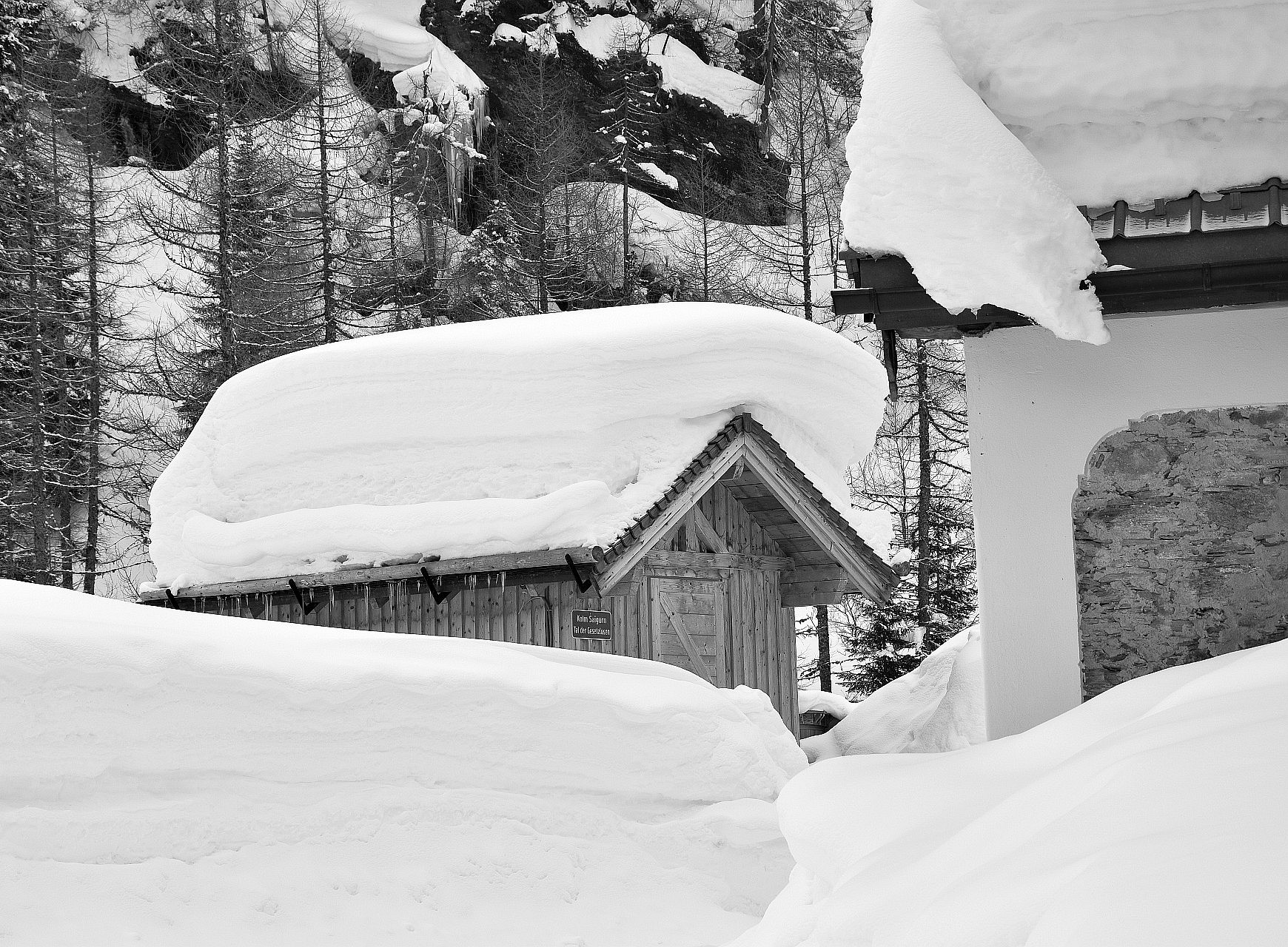Pictures of artificial snow slopes on green meadows have gone around the world this season. Despite the recent precipitation, we are experiencing one of the warmest winters since records began. Away from the Alps - in Greenland, for example - the white splendor of the last 150 years has, however, been incompletely recorded. Using private photos and postcards from earlier decades, Wolfgang Schöner, climate researcher at the University of Graz, wants to reconstruct some of the missing data together with pupils from Eisenerz and Greenland. "The children can do practical work, including measuring current snow depths themselves, and thus gain a better understanding of the impact of climate change on people's lives. The intercultural exchange is an additional benefit," explains the scientist. He himself can compare the information collected as part of this Sparkling Science project with the statements made by climate models. "This helps us to check their simulations, especially for Greenland, and improve them if necessary," adds Schöner.
Branch office in the north
The geographer will also be collecting more data in Greenland. A research station is being set up there, which will be operated by the University of Graz. The location at the interface between the sea, mountains, ice and atmosphere is ideal for analyzing the interplay between weather patterns, climate and water balance. "Climate changes in Greenland have a global impact and can also influence our weather," explains Schöner. The station is scheduled to open in the fall.
